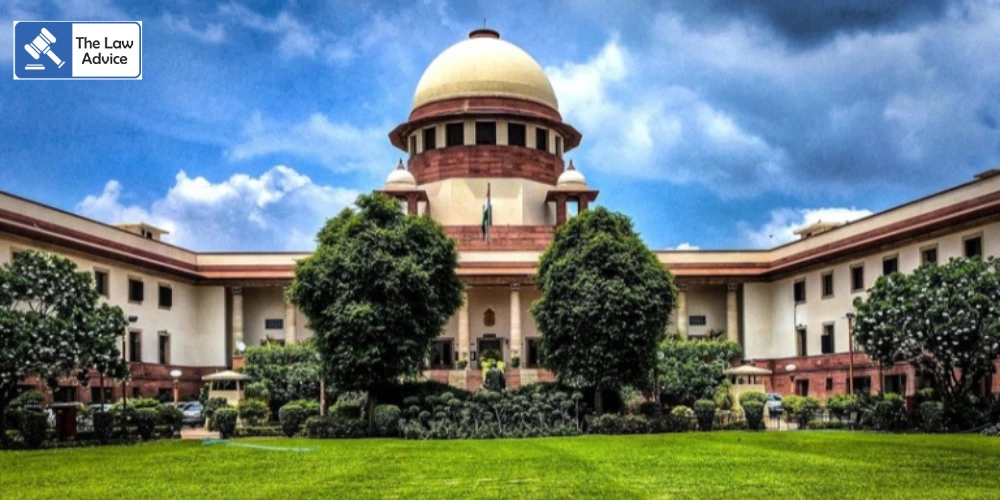New Delhi | July 21, 2025
In a move that could bring greater transparency to India’s retail sector, the Supreme Court of India has issued notice to the Union Government, State Governments, and the Law Commission of India on a Public Interest Litigation (PIL) demanding that all shops and business establishments prominently display the name and contact details of their owners.
The PIL, filed by Advocate Ashwini Kumar Upadhyay, seeks a uniform policy that would require shopkeepers and service providers to publicly disclose ownership and license information at the entry points of their businesses.
The bench, comprising Justice Vikram Nath and Justice Sandeep Mehta, sought responses from all stakeholders within four weeks, without making any interim directions.
What the Petition Demands
The PIL seeks to implement a visible and standardized display board at every shop, showing:
• Name of the owner or license holder
• Business registration or license number
• Contact information (phone/email)
• Employee strength
• Relevant certifications or approvals (where applicable)
The petition argues that such a measure is necessary to strengthen consumer rights, especially when grievances arise over product safety, unfair pricing, or service deficiencies.
The Consumer Argument
The petitioner cites Section 2(9) of the Consumer Protection Act, 2019, which defines the “right to be informed” as a core consumer right, including the right to know the identity of the seller, service provider, or product manufacturer.
“From local shops to high-end showrooms, anonymity is often a shield. This policy would empower consumers to hold sellers accountable,” the petition notes.
The lack of easily accessible information about business ownership often hinders consumers from pursuing legal or regulatory remedies when disputes occur, especially in unorganized sectors and informal markets.
What the Court Is Considering
While the Supreme Court has not expressed any opinion on the merits of the plea, it recognized the importance of exploring the scope of accountability in retail transactions.
However, the bench also hinted at the need to ensure privacy protections for small vendors and avoid regulatory overreach.
